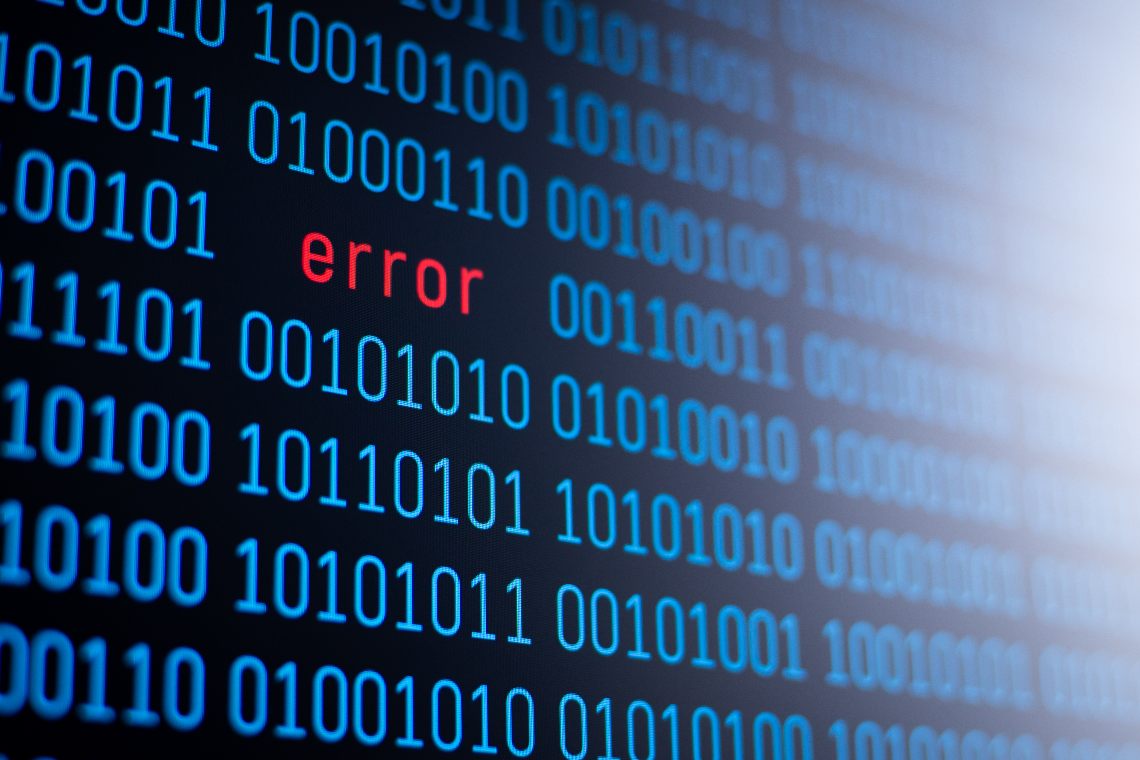A new problem afflicts DeFi, and in particular the Chick.finance project.
By now the bugs related to decentralized finance are getting out of hand and every day there are new ones, the last one occurred yesterday on the YFV project.
Recently, in fact, many projects with faulty code in smart contracts are popping up, as reported by several users.
🚨🚨🚨BACKDOOR ALERT on https://t.co/CKjfUEcxxf 🚨🚨🚨
It INTENTIONALLY makes the modifier function as a “pub1ic!” to disguise itself as a “public” function, to easily rug pull
This is such a malicious act please spread out word ASAP to your fellow farmers pic.twitter.com/AA0Ybftivw
— Dovey "Rug the fiat" Wan (@DoveyWan) August 24, 2020
Chick.finance: a legitimate project?
Today’s bug afflicts the little known Chick.finance, which has an error page related to the smart contract.

In fact, it is precisely in the smart contract that there is a particular error in the “modifier” function in line 350, which, instead of “public”, presents the words “pub1ic”, misleading users about the characteristics of this smart contract.
Moreover, when checking the contract, there is no way of seeing it because it is blurred and it is no longer public.
As for the token, Chick.Finance (CHICK) has a supply of 7500 CHICK and is distributed among a few addresses, so luckily it hasn’t succeeded in attracting many people, though it is worth saying that the website was created only last August 20th.
As if this wasn’t already strange and suspicious, when checking one of the transactions related to this address, it is possible to find out that the Tornado Cash system has been used to make it impossible to trace who is behind this system.
In short, all this suggests that it is a not very legitimate project.
DeFi like ICOs?
Unfortunately, we are witnessing a replica of what happened in 2017 with ICOs, involving the creation of various projects and lots of useless tokens which are often actually scams.
In conclusion, it is worth mentioning that before using these platforms, especially if they are new, it is important to check whether any audits have been carried out.



